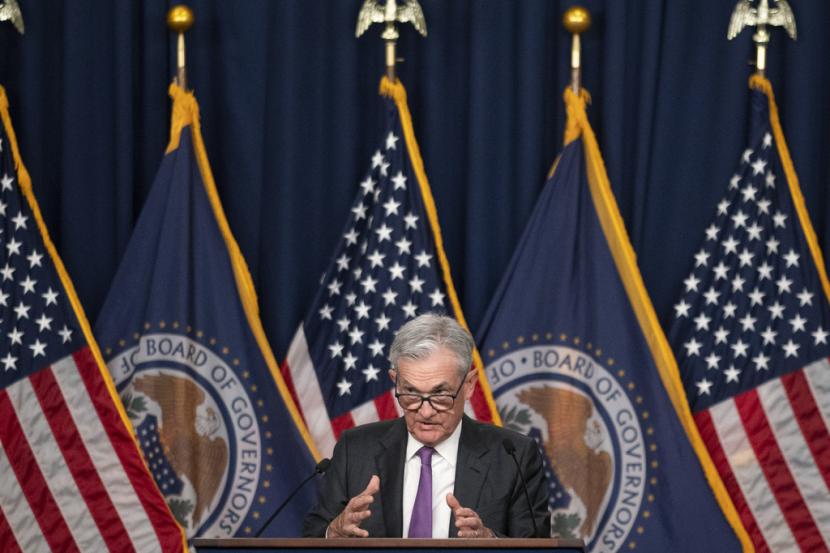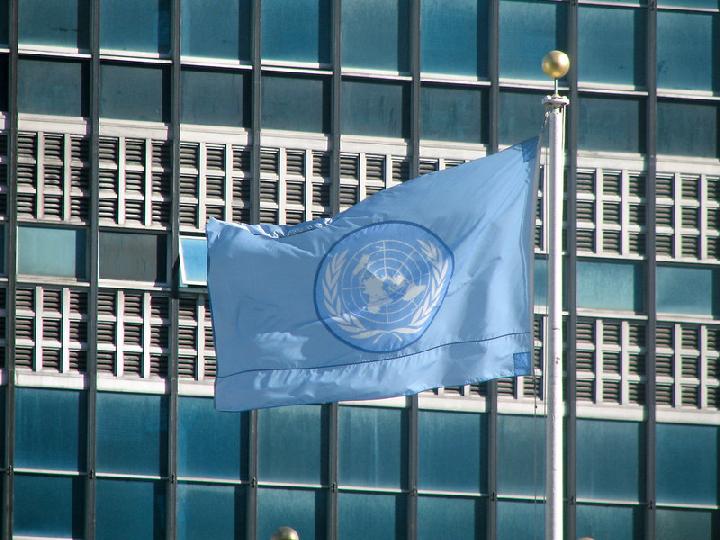By: Fahmi Wibawa, Executive Director of LP3ES, Lecturer at the Faculty of Economics and Business, UIN Syarif Hidayatullah Jakarta.
In the early hours of Sunday, June 22, 2025, what many had feared finally happened. Through his X account, U.S. President Donald Trump announced that the U.S. military had attacked three major nuclear uranium enrichment facilities in Iran, precisely in the regions of Fordow, Natanz, and Isfahan. As if this move was a solution to the escalating conflict between Iran and Israel, Trump ended his statement on X in capital letters: “NOW IS THE TIME FOR PEACE.” However, shortly after the attack, senior Iranian officials declared that, in addition to retaliatory strikes on various U.S. interests in the Middle East, one of the most immediate options was to close the Strait of Hormuz (Tempo, June 22, 2025).
As is well known, the Strait of Hormuz plays a crucial role in global oil trade, serving as the main maritime route connecting the Persian Gulf with the Arabian Sea and the Indian Ocean. Through this route, approximately 20% of the world’s oil consumption depends on it, as nearly 30% of total global oil trade passes through this strait daily. Petro-dollar countries like Saudi Arabia, Iran, the United Arab Emirates, Kuwait, and Iraq must use this route to export their oil. Therefore, if Iran’s authorities close this strait, it could trigger an energy crisis that leads to a global oil recession. Why could it spark a global oil recession?
First and foremost, global oil prices would quickly skyrocket, and global energy supply would be severely disrupted. Oil prices, currently around USD 75.67 per barrel, could surge to USD 200–300 per barrel.
Second, global energy supply would be disrupted, especially for oil-thirsty countries in Asia such as China, India, Japan, and South Korea. Of the 20 million barrels of crude oil and refined products passing through the Strait of Hormuz daily, India is the largest importer of oil from the Persian Gulf. Japan and South Korea advanced industrial nations with limited natural resources—also heavily rely on oil imports from the Gulf via the Hormuz Strait. And the most affected country would be China, the world’s largest energy consumer, as most of its oil is imported from the Middle East through this route.
Third, the extreme surge in global oil prices would trigger global inflation, as higher energy costs would impact production, transportation, and consumption worldwide. The inflation spike is not only due to more expensive production and transportation costs but also due to market expectations: as market players anticipate continuously rising prices, they reflexively increase prices and wages, causing a spiraling inflation effect. Economists estimate that if oil prices remain above USD 100 per barrel, it could add about 1% to global inflation and cut global economic growth by up to 1%. In response, major monetary authorities like the Fed and ECB typically raise interest rates swiftly to combat inflation. This leads to economic slowdown and adds burden to developing countries through increased foreign debt servicing.
Fourth, as in any recession, financial markets become unstable due to a flight to safe-haven assets like gold and the U.S. dollar. Investors and market players react to worsening sentiment by selling off assets simultaneously, causing sharp fluctuations in stock prices, bonds, and foreign exchange. Therefore, the closure of the Strait of Hormuz could also rapidly spill into a wider financial crisis due to liquidity pressure, defaults, and even bankruptcies in various oil-dependent industries.
The Impact on Indonesia
Since 2004, Indonesia has been a net importer of oil and gas, with import volumes exceeding export volumes. This means the closure of the Strait of Hormuz would have a significant impact on Indonesia and create a domino effect across various sectors that depend on oil and gas-based energy. The most immediate impact would be skyrocketing fuel prices and rising inflation. As a consequence, the government would need to allocate more funds for fuel subsidies. For 2025, the State Budget (APBN) has already allocated energy subsidies including for fuel, LPG, and electricity amounting to IDR 203.41 trillion, an increase of about 7.56% compared to the previous year. In addition, the APBN also provides energy compensation of IDR 190.89 trillion to state-owned enterprises like Pertamina for selling fuel below economic prices. Thus, if the Strait of Hormuz becomes non-operational, the Indonesian government’s fiscal space would be severely shaken due to the need for sharply increased fuel subsidies.
Beyond oil and gas, the closure of the Strait of Hormuz would also disrupt supply chains and logistics in Indonesia. Global shipments to and from Indonesia including raw materials and consumer goods would experience delays and price hikes. Consequently, shipping and insurance costs for vessels taking alternative routes would soar, ultimately passing these inflated costs onto consumers. Indonesian shipping and logistics companies could be affected, and in the end, consumers would bear the burden of additional costs.
Therefore, aside from fears of an escalating Israel-Iran war, President Trump’s reckless decision to plunge the U.S. into the Israel-Iran conflict could more severely trigger a global oil recession that would harm the entire world, including Indonesia.
*) DISCLAIMER
Articles published in the “Your Views & Stories” section of en.tempo.co website are personal opinions written by third parties, and cannot be related or attributed to en.tempo.co’s official stance.

















































